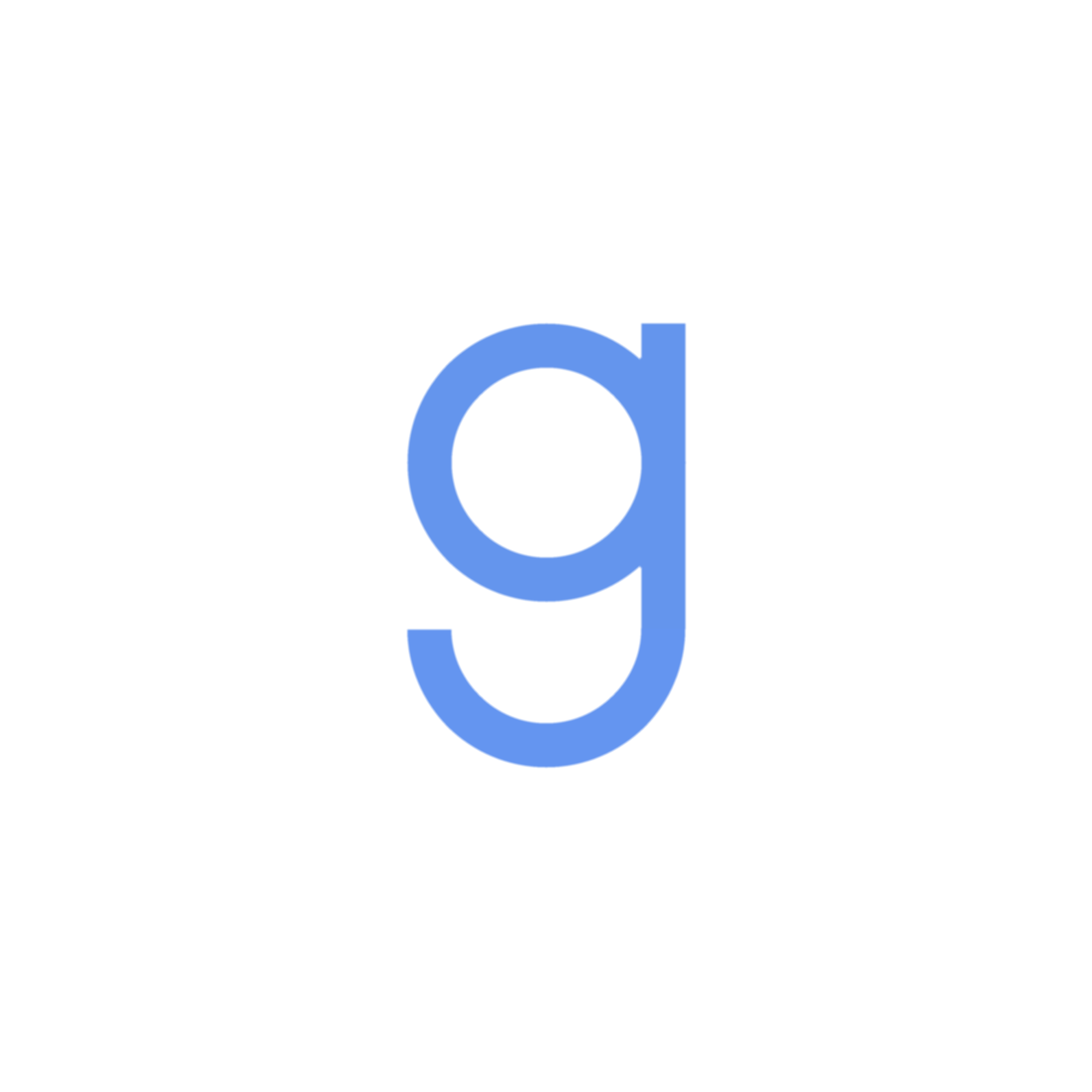A Brief Summary of the Results of Seattle's Sweetened Beverage Tax
On January 1, 2018 Seattle implemented a 1.75-cent per ounce tax on sugar-sweetened beverages with at least 40 kilocalories per 12 fluid ounces. There are beverages that are strangely exempt from the law such as Starbucks drinks that are primarily made from milk [1] [2] but overall the tax was designed to result in the improved health of Seattle residents by reducing the sales and consumption of sugary drinks. That revenue would then be used for programs that increase access to healthy food and to support children's health and learning [3].
A study from the University of Illinois at Chicago (UIC) looked into the impact on beverage prices and volume sold [4] [5]. There was another study from the University of Washington that concluded the tax was almost entirely passed onto consumers [6]. A typical two-liter bottle of soda jumped from $1.80 to $2.95, or 64 percent. A 12-pack of sweetened drinks went from $3.15 to $5.59, or 77 percent more. This on its face seems bad, consumers are paying more for beverages they like to purchase. However if consumers changed their spending habits and purchased less sweetened drinks then the goal of the tax, which was to reduce the sales of sugary drinks, was reached.
The study concluded that over the 8-month period in the first year following the implementation of the tax, the volume sold of taxed beverages fell, on average, by 22% in Seattle relative to Portland which does not have a similar tax. Additionally, by beverage type, the volume sold decreased the most for soda at 29%.
| Beverage type | % Decrease |
|---|---|
| Soda | 29% |
| Sports | 25% |
| Energy | 13% |
| Tea/Coffee | 17% |
| Juice Drinks | 13% |
They also saw that across all beverage types, volume sold fell more for family-sized beverages at a 31% reduction compared to individual-sized beverages at a 10% reduction. They classified family-sized beverages as multi pack beverages or single items greater than 1 liter in volume. They classified individual-sized beverages as single items less than 1 liter in volume. This hopefully means that families were purchasing less sugary beverages at the grocery store also meaning that children were consuming less sugary beverages. This would then show that the goal of reducing the sales of sugary drinks was reached.
The revenue from the tax was planned to be used for programs that increase access to healthy food and support children's health and learning. In March of 2020 the Seattle City Council approved an ordinance to use some of the revenue from the tax to fund $5 million in grocery vouchers for families impacted by the COVID-19 pandemic [7]. The new grocery voucher program will provide 6,250 families $800 in vouchers to purchase food, cleaning supplies, and other household goods at any Safeway store in Washington state. The Mayor’s $5 million grocery voucher program will be distributed to 6,250 eligible families who are currently enrolled in City-supported child care programs and food assistance programs [8].
Good policy can help shape behavior and in this case this policy helped cut down on the consumption of unhealthy sugary drinks by discouraging it through higher prices caused by a tax. The revenue from that tax then went on to help struggling families during the COVID-19 pandemic. Hopefully future studies will show that the decrease in sugary drink consumption had positive effects on Seattle residents and children's health.
Sources
- It’s the milk, not the sugar: Fancy lattes get a break on Seattle’s new sweetened-beverage tax - seattletimes.com
- Seattle Rule 5-953 - clerk.seattle.gov
- Sweetened Beverage Tax - seattle.gov
- The impact of Seattle’s Sweetened Beverage Tax on beverage prices and volume sold - sciencedirect.com
- The impact of Seattle’s Sweetened Beverage Tax on beverage prices and volume sold - documentcloud.org
- Seattle's Soda Tax Almost Entirely Passed on to Consumers, Researchers Find - sph.washington.edu
- Seattle City Council - Record No: CB 119764 - seattle.legistar.com
- Mayor Jenny Durkan Announces $5 Million in Grocery Vouchers for Families Impacted by COVID-19 - durkan.seattle.gov
